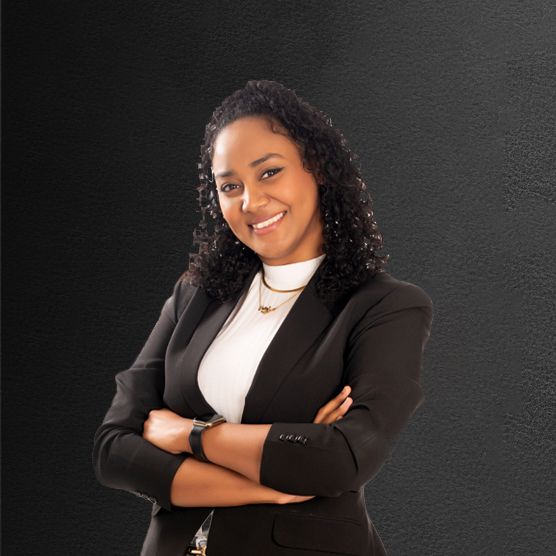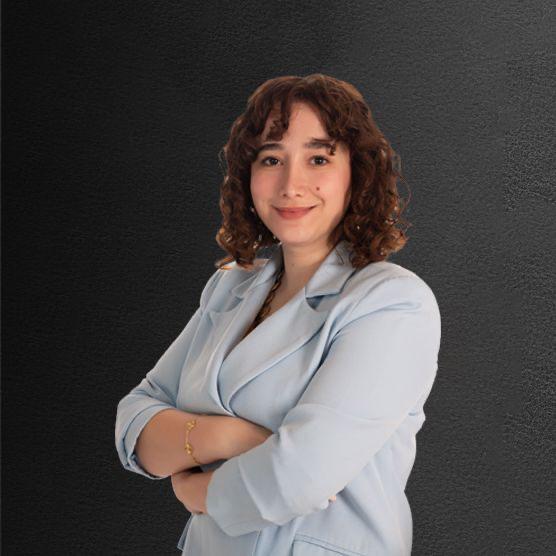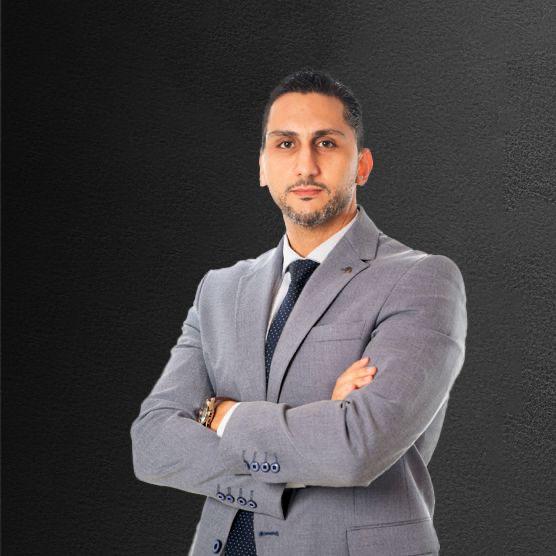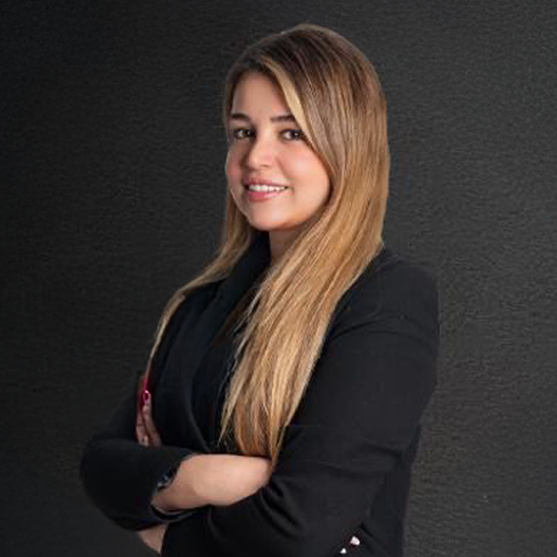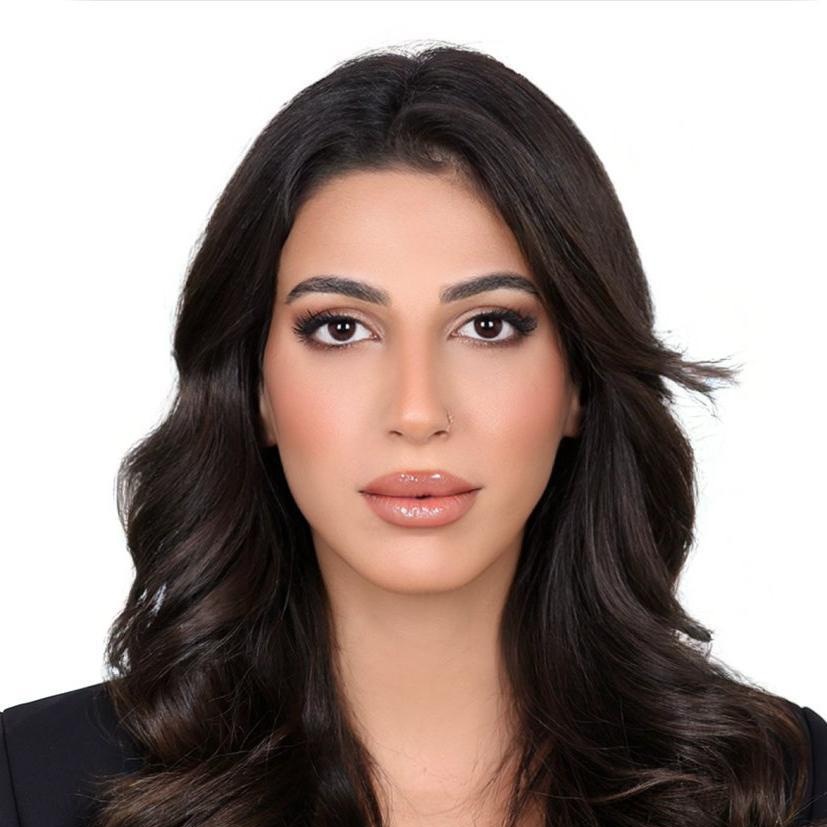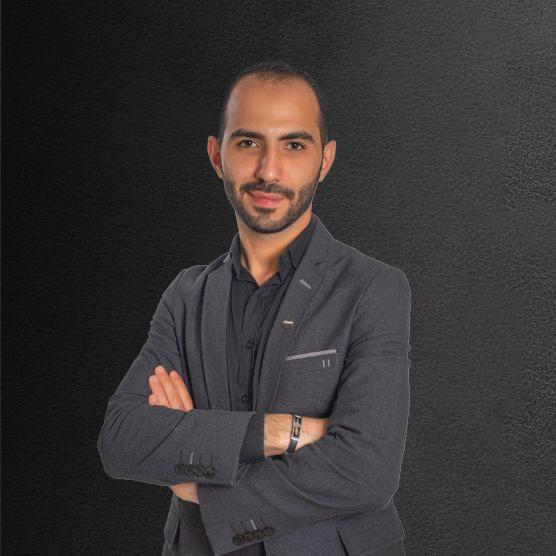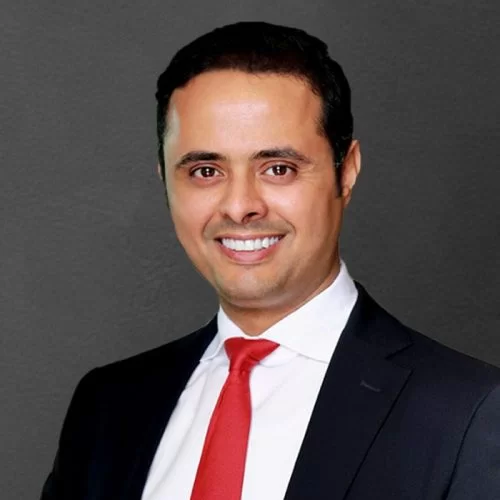How to Start a Manufacturing Business in Dubai
Dubai has emerged as a leading business hub, making it an ideal destination for entrepreneurs looking to start a manufacturing business. With world-class infrastructure, tax benefits, and strategic location, Dubai offers immense opportunities for industrial companies. In this guide, we will cover key steps, regulatory requirements, and benefits of setting up a manufacturing business in Dubai.
Why Start a Manufacturing Business in Dubai?
Dubai’s business-friendly policies and strong economy make it an attractive destination for manufacturers. Here are some benefits of launching a manufacturing venture in Dubai:
- Strategic Location: Dubai serves as a gateway between Asia, Europe, and Africa, making international trade seamless.
- Tax Benefits: Enjoy zero corporate and income tax in UAE’s free zones.
- World-Class Infrastructure: Access to state-of-the-art logistics, ports, and industrial zones.
- Business-Friendly Policies: Dubai offers simplified company formation processes with minimal paperwork.
Steps to Start a Manufacturing Business in Dubai
1. Choose Your Business Activity
Before starting, decide what type of manufacturing business you want to establish. The UAE categorizes manufacturing activities under various industrial licenses, such as food production, textiles, electronics, and more.
2. Select the Right Business Structure
You can set up your business in the mainland, free zones, or offshore jurisdictions. Each option has its own advantages:
- Mainland: Allows direct trade within the UAE and international markets.
- Free Zones: Offer full foreign ownership, tax benefits, and lower setup costs.
- Offshore: Best for international trade and asset protection.
3. Obtain the Required Licenses
To legally operate a manufacturing business, you need an industrial license issued by the Department of Economic Development (DED) or a relevant free zone authority. The key requirements include:
- Business plan outlining operations and investment details.
- Approval from the Dubai Municipality for factory layout.
- Environmental clearance for manufacturing activities.
4. Secure a Facility and Infrastructure
Choosing the right location for your manufacturing unit is crucial. Many free zones like Dubai Industrial City and Jebel Ali Free Zone offer ready-to-use industrial facilities tailored for various business needs.
5. Hire Skilled Workforce
Dubai has a diverse talent pool. When hiring, ensure compliance with labor laws, visa regulations, and Emiratization policies if applicable.
6. Open a Business Bank Account
Once your business is registered, you need to open a corporate bank account in Dubai. Choose a bank that offers business-friendly banking services and support for international transactions.
7. Comply with Legal and Environmental Regulations
Adhering to Dubai’s environmental and safety regulations is essential for manufacturing businesses. This includes waste management policies, emissions guidelines, and worker safety measures.
Cost of Starting a Manufacturing Business in Dubai
The cost of setting up a manufacturing company depends on various factors such as location, facility size, and licensing fees. On average, the setup costs range between AED 150,000 to AED 500,000, including:
- Business registration fees
- Industrial license fees
- Office and warehouse rent
- Equipment and machinery costs
- Work permits and visas
Conclusion
Starting a manufacturing business in Dubai offers lucrative opportunities for entrepreneurs. By following regulatory requirements and leveraging the city’s infrastructure, businesses can achieve long-term success in the UAE market.
For more official details on business setup, visit UAE Government Portal.
Also, check out our Best Free Zones in UAE for Business Setup guide for more insights.









